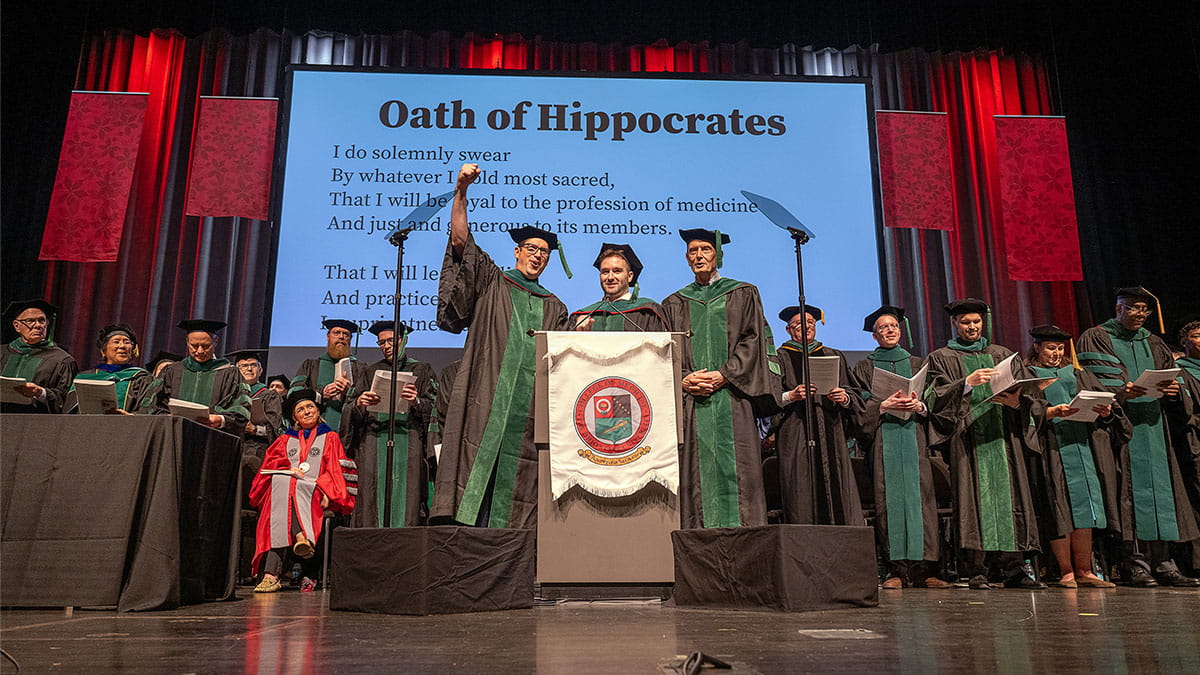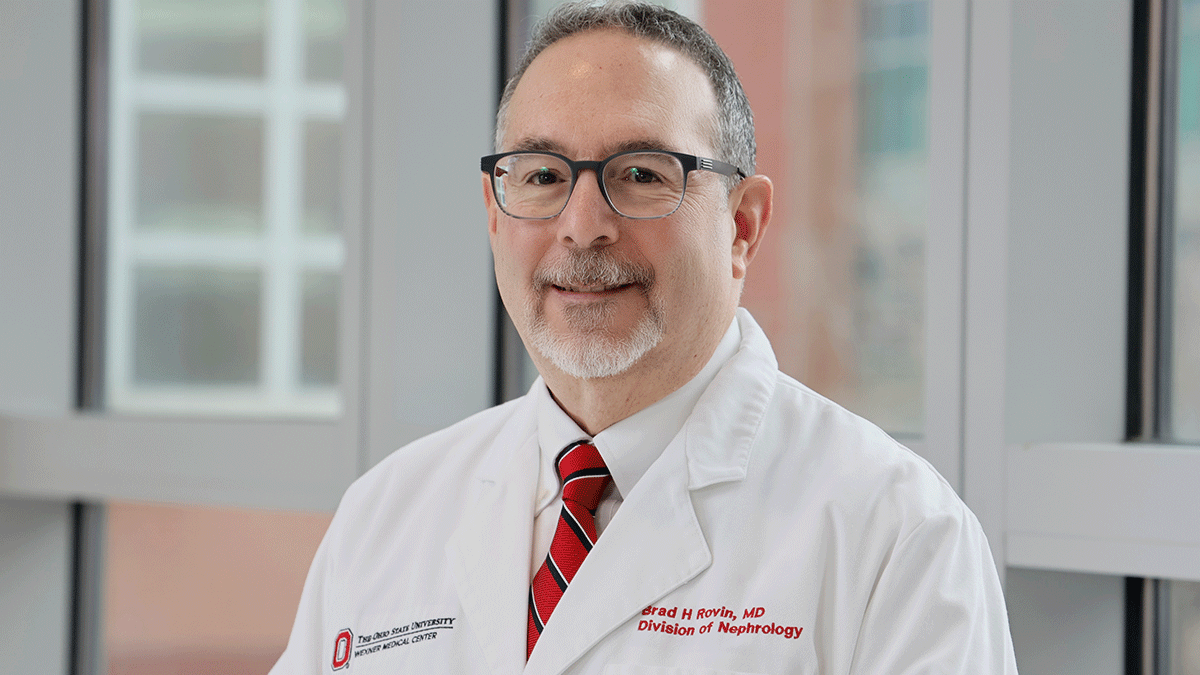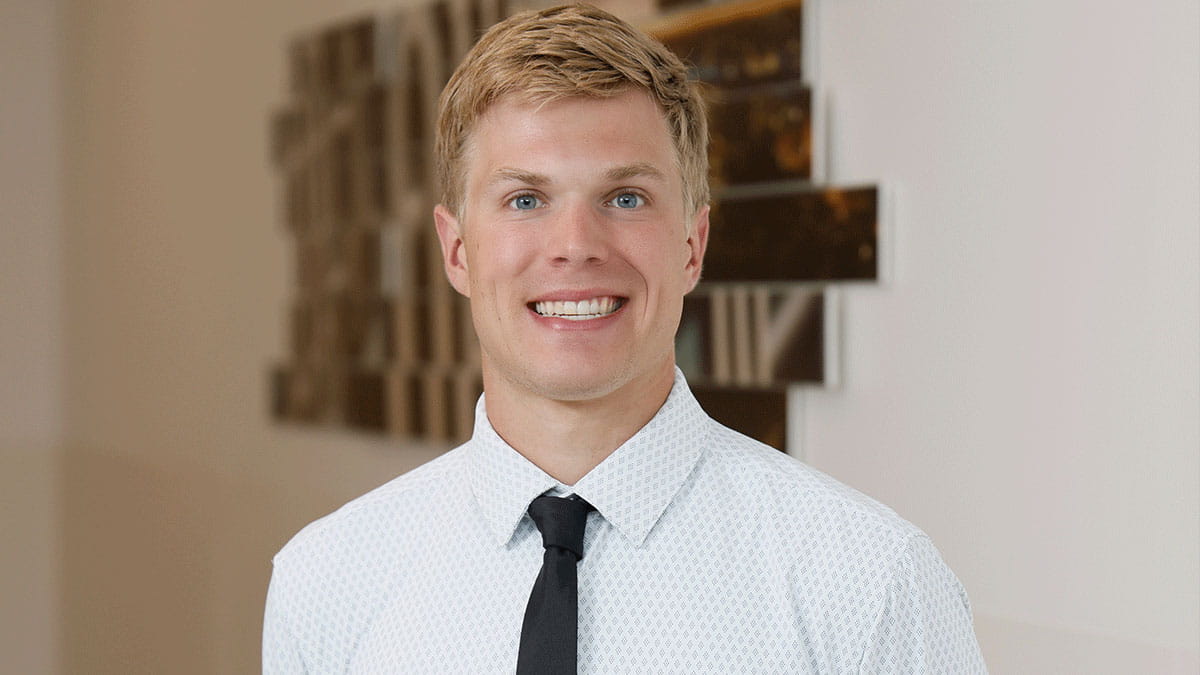Adriana Forero, PhD, and Fernanda Novais, PhD, receive competitive PATH award from the Burroughs Wellcome Fund

Two faculty members who serve as assistant professors in the Department of Microbial Infection and Immunity at The Ohio State University College of Medicine were selected as 2025 Investigators in the Pathogenesis of Infectious Disease (PATH) award from The Burroughs Wellcome Fund.
Adriana Forero, PhD, and Fernanda Novais, PhD, will each receive a five-year, $505,000 award supporting their research projects while they’re still early-career scientists.
Eugene Oltz, PhD, chair of the Department of Microbial Infection and Immunity, said this ultracompetitive award recognizes Drs. Forero and Novais’ contributions to scientific discoveries that advance our understanding of the interaction between human biology and infectious agents.
“Their work advances our ability to improve human health,” Dr. Oltz says. “To our knowledge, they are the first from Ohio State to even make it to the interview stage, let alone receive not one, but two awards.”
In her lab, Dr. Forero investigates how genes linked to neurodevelopmental disorders shape immune defenses, not in the brain, but in the lungs. She says the PATH funds for her study, “Resident nuclear factors drive heterogeneity in the antiviral response,” will allow her to examine how transcriptional regulators influence the way epithelial cells fight off viral infections.
“With the flexibility this award provides, I can combine cutting-edge genomic tools and virology techniques to uncover hidden connections between genetics and immune vulnerability,” Dr. Forero says. “It is a bold step into an underexplored intersection of fields, with real potential to uncover new genetic, epigenetic and transcriptional regulatory processes that coordinate the host response to viral infection.”
Dr. Forero’s work creates a deeper understanding of the link between genetic variants found in neurodevelopmental disorders and increased susceptibility to viral infections, such as influenza A. Through her work, she will contribute to the development of targeted interventions that enhance protection against infectious agents and mitigate adverse infection outcomes.
“In doing so, we also hope to reveal broader principles about immune defense that apply to other pathogens and at-risk populations,” Dr. Forero says.
Dr. Novais is an expert in immune responses to Leishmania parasites, which cause cutaneous leishmaniasis, a neglected tropical disease that affects millions worldwide. With more than 20 years of experience in the field, Dr. Novais has uncovered how the body’s own immune cells can contribute to skin damage during infection, and how this knowledge could guide the development of new therapies.
With support from the PATH award, Dr. Novais now aims to understand how Leishmania parasites manage to survive indefinitely in the human body, even after cutaneous ulcers have resolved, posing a risk for reactivation or the development of metastatic lesions. This is an enduring mystery.
“This award provides the freedom and flexibility to explore new scientific directions that would be difficult to pursue through traditional funding mechanisms,” says Dr. Novais. “We’re especially interested in how these parasites manipulate the host’s iron metabolism to evade immune detection and persist in tissues.”
Her project, titled “Immune evasion strategy of an intracellular parasite,” will investigate how Leishmania alters the biology of immune cells to create a hospitable environment for long-term survival. The findings could have broad implications — not only for leishmaniasis, but for understanding how other chronic infections operate and how we might intervene to restore health.
“This research will help us better understand the tug-of-war between host and pathogen,” Dr. Novais says. “By uncovering the strategies that allow microbes to hide from our immune system, we can begin to design smarter ways to prevent or treat infection.”



